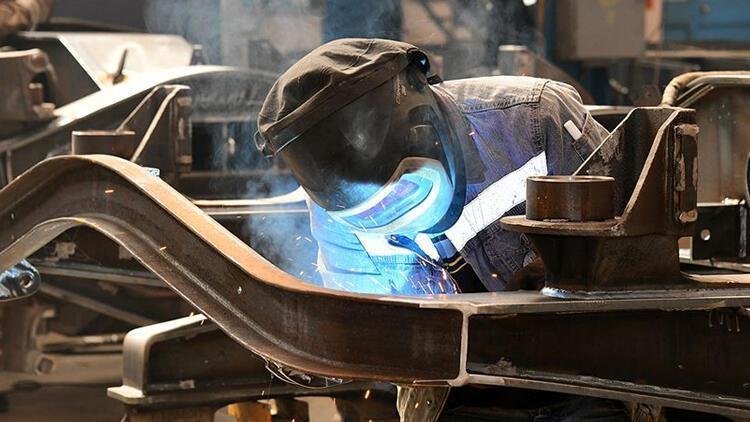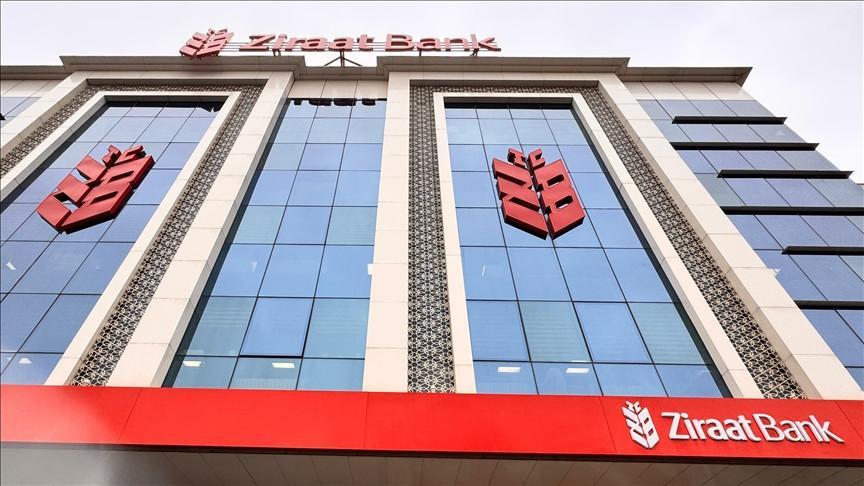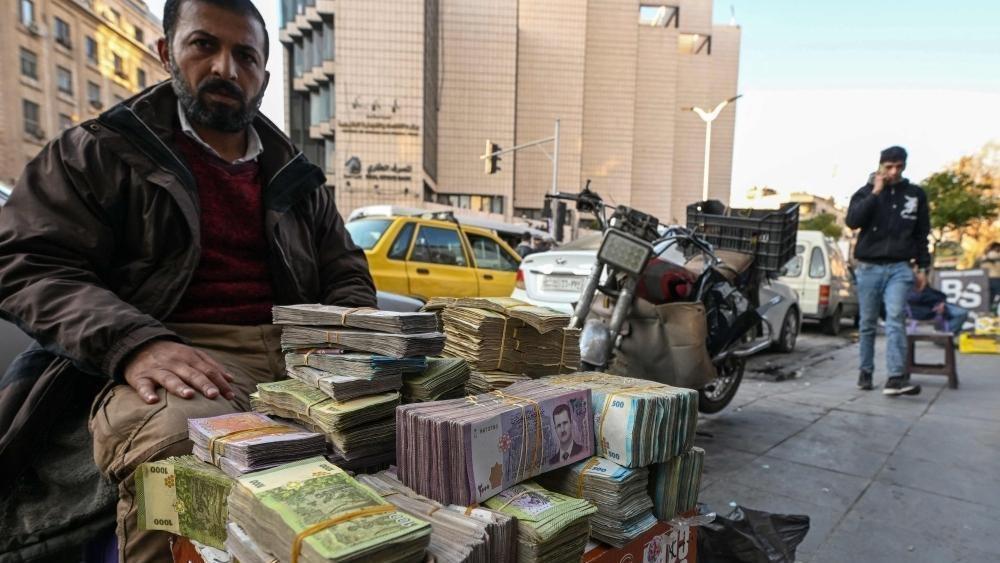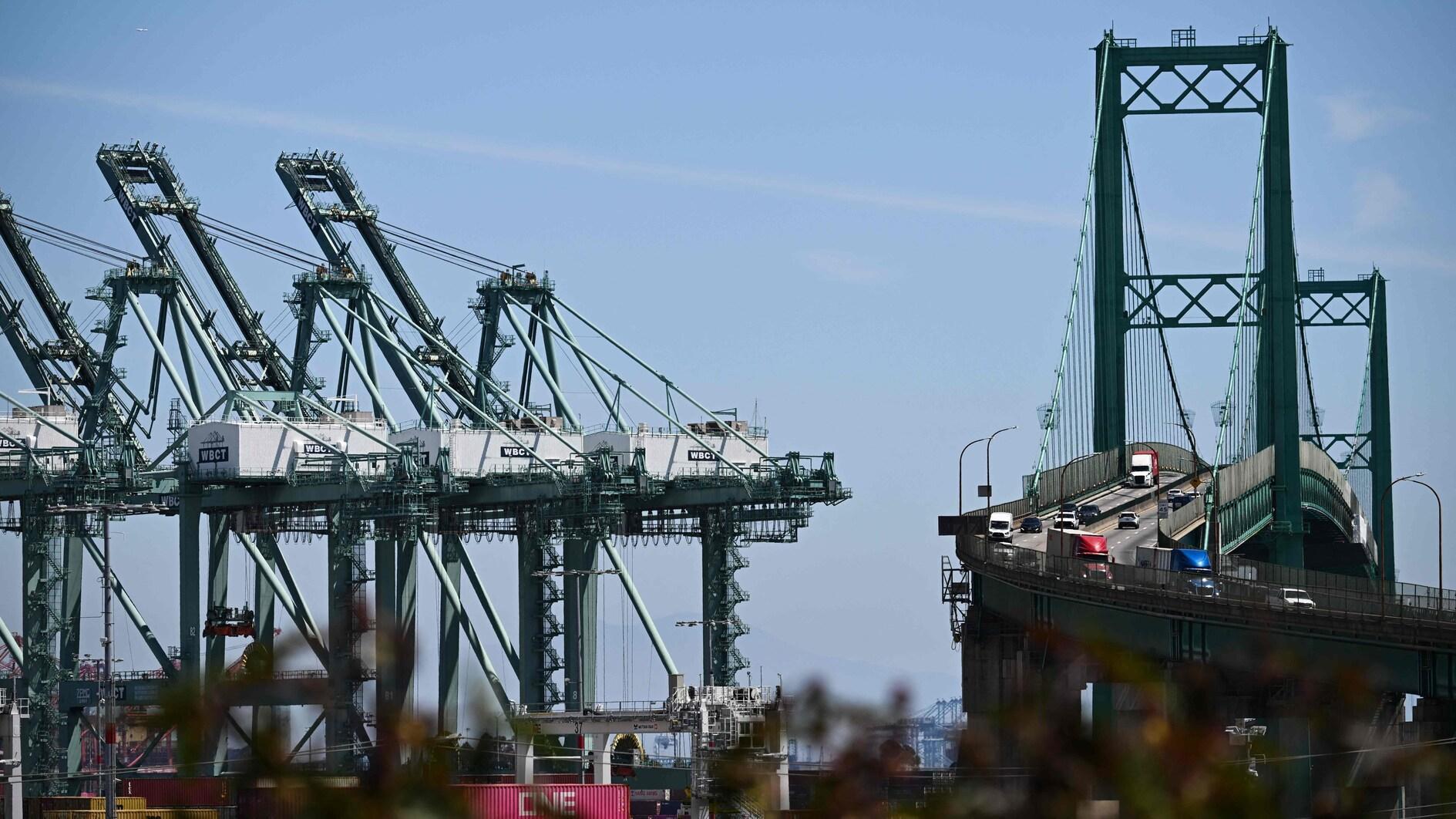Investment demand up 6.9 pct in first half of year
ANKARA

Turkish Industry and Technology Ministry issued 1,036 investment certificates in June, according to a written statement released on Aug. 8.
The total of those investments is estimated at nearly 17 billion Turkish Liras ($1.97 billion), it said.
“Private sector’s investments continue at full steam. We will support investments worth 17 billion liras to create 22,195 jobs with the 1,036 investment certificates we issued in June. The amount of fixed investments in the first six months is up 6.9 percent compared to 2020,” Industry and Technology Minister Mustafa Varank tweeted.
According to an infographic shared by the minister, nearly 80 percent of the mentioned investments will be made in the manufacturing sector.
The service, mining, agriculture and energy sectors follow it with shares of 10.6 percent, 4.4 percent, 2.9 percent and 2.5 percent, respectively.
The number of investment certificates increased by 48.5 percent in the first half of this year on an annual basis. The number of jobs predicted to be created with those investments went up by 23.4 percent.
The Turkish Government has designated six groups of provinces for its investment certification program in accordance with their development level.
The first group, which includes Istanbul, Ankara, the Aegean provinces of İzmir and Muğla, the Marmara provinces of Kocaeli and Bursa, the Central Anatolian province of Eskişehir and the Mediterranean province of Antalya, has taken the lion’s share with 35 percent of all the investment certificates.
The sixth group, which includes 16 eastern, southeastern and northeastern provinces, followed with 26.8 percent.
The Turkish economy is expected to post a GDP growth of around 7 percent this year.
Turkey’s GDP expanded 1.8 percent last year despite the pandemic and posted a robust growth of 7 percent in the first quarter of 2021.
The country’s 12-month rolling export figure in July exceeded $200 billion for the first time in the country’s history and reached $201.5 billion.
Posting an annual rise of 10 percent, Turkey’s exports hit an all-time high July figure of $16.4 billion, Trade Minister Mehmet Muş announced last week.
The country’s imports also surged nearly 17 percent year-on-year in July to $20.7 billion, the minister noted.
On the back of the $16.4 billion of exports and nearly $21 billion of imports, the country’s foreign trade gap stood at $4.3 billion in the month, rising more than 52 percent compare to the same month of 2020.
In July, Germany remained the largest export market as shipments to this country amounted to $1.44 billion, dropping some 1 percent on an annual basis. Exports to the U.S., jumped more than 11 percent to $1.04 billion, while the U.K. increased its purchases from Turkey by 2.15 percent to $983 million in the month. Exports to Italy and Spain leaped 27 percent and 25 percent to $803 million and $783 million, respectively.
Imports from China amounted to $2.7 billion in July, rising nearly 39 percent from a year ago, while imports from Russia grew 100 percent to stand at $2.5 billion.
Turkey’s imports from Germany fell 11 percent to $1.6 billion, while imports from the U.S. declined by 3.4 percent to $938 million.
The country’s foreign trade deficit narrowed 5 percent to $25.5 billion in January-July, Muş also said.
















